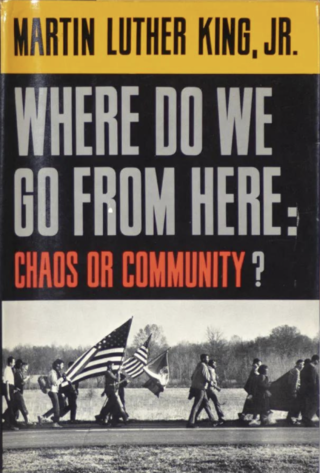In a United States where ethnic communities are experiencing violent attacks, where white nationalists parade with tiki torches, and where disdain for people of color spews from the White House, it is easy to focus on the crassest forms of racism infecting our nation. But to take seriously King’s life and work, we also must reckon with his long-standing critique of the “polite” racism of his liberal allies, of the language and the policies they employed to excuse and perpetuate racial injustice. King called out the systemic cruelty of such racism, of allies who supported civil rights while criticizing its tactics, who denounced discrimination elsewhere but explained away prejudices at home.
This King has much to say about our contemporary moment, about this presidential campaign season and the injustices that plague our blue cities as well as our red states. More than 50 years after King called out white liberals, many are still employing the polite racism that he decried.
Presidential Democratic candidates former vice president Joe Biden, former South Bend, Ind., mayor Pete Buttigieg and former New York mayor Mike Bloomberg have presided over policies that perpetuate racial injustice in law enforcement. All have offered glib apologies but have taken no aggressive action to correct the harm. In response to requests by the new Poor People’s Campaign (the campaign King organized just before he was assassinated), several candidates have pledged to call for a presidential debate on poverty, but none have done so — evoking King’s criticism of the “silence of our friends” as a crucial linchpin to injustice.
As polite racism seeps into the discourse of the most liberal politicians and informs the policies of even the bluest of communities, listening to King’s challenge to his allies is increasingly urgent.
In 1964, some of King’s fellow civil rights leaders called on him to denounce a planned “stall-in” by the Brooklyn Congress of Racial Equality (CORE), a civil rights group protesting job discrimination and housing and school segregation. Frustrated by local leaders’ lack of urgency and minimal change, Brooklyn CORE sought to draw attention to rampant inequality by stalling cars to block highways leading to the World’s Fair at Flushing Meadows, forcing people to stop and see the inequality and poverty they passed on the way.
Horrified, other activists attacked the idea, calling on King to do the same. But he refused.
“We do not need allies who are more devoted to order than to justice,” he wrote in a letter to civil rights leaders. “I hear a lot of talk these days about our direct action program alienating former friends. I would rather feel that they are bringing to the surface many latent prejudices which were always there.”
